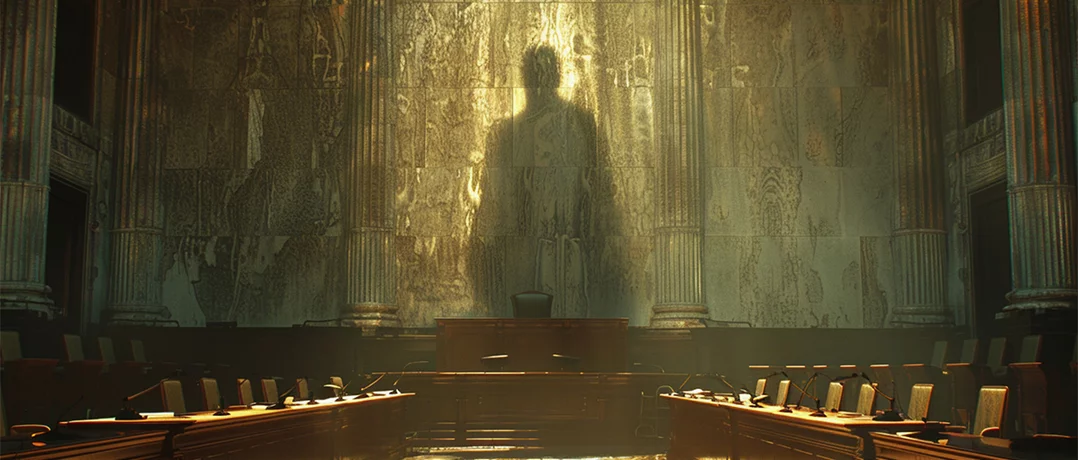Hezbollah’s open letter publicly challenges Berri, revealing a rift within the Shiite political alliance.
Hezbollah’s open letter: A message of authority aimed at Berri
Hezbollah’s open letter: A message of authority aimed at Berri


The “Open Letter” issued by Hezbollah and addressed to Lebanon’s three presidents has drawn wide attention across political and media circles, marking a rare precedent in the party’s mode of communication. For the first time, Hezbollah departed from its usual format of formal statements to adopt the framework of an “open letter.”
This shift carries multiple layers of significance, both in form and in substance, and merits close examination. Yet what stands out most is that the letter included a message directed specifically at Speaker Nabih Berri, delivered publicly through the media, something highly unusual within the dynamics of the so-called “Shiite duo,” known for its political cohesion and its tendency to manage disagreements behind closed doors.
The letter’s release coincided with the publication of a local newspaper interview with Speaker Berri, in which he expressed his support for resuming indirect negotiations between Lebanon and Israel. Hezbollah’s response, as articulated in its open letter, took a completely different tone, firmly rejecting any form of negotiation and warning against “falling into the traps of proposed talks,” which the party argued would grant “further gains to the Israeli enemy.”
This position amounted to a sharp and direct rebuke of Berri, implicitly suggesting that he had failed to fully grasp the gravity of his stance, and that his openness to negotiations could, perhaps unwittingly, serve Israel’s interests. Through this rhetoric, Hezbollah positioned itself as the guardian or arbiter of national interest, claiming superior judgment in assessing political risks, while casting doubt on the discernment of one of its key allies.
In the concluding section of the letter, Hezbollah referred to itself, in addressing the three presidents including Berri, as “a founding component of Lebanon.” This choice of words, deliberate and meticulously phrased, as is typical of the party’s discourse, carried implications that go beyond political description. It suggested an attempt to conflate the Shiite community with the party itself: Hezbollah as the Shiite community, and the Shiite community as Hezbollah.
Such phrasing raises profound questions about the implicit messages the party sought to convey, especially to Berri. Was Hezbollah signaling that his representation of the Shiite community is valid only through its endorsement? And, more provocatively, does Berri’s Shiite identity or political legitimacy become subject to scrutiny if his positions diverge from those of Hezbollah?
In this sense, the “Open Letter” reads less like a political statement and more like a declaration of authority and identity within the Shiite sphere, an assertion of Hezbollah’s role as the ultimate political and religious reference point that tolerates no rival.
Undeniably, Speaker Nabih Berri was the principal target of the “Open Letter’s” veiled arrows. While the immediate repercussions on the relationship between the two sides may not yet be visible, the impact is unmistakably deep. The carefully measured words have cut sharply, leaving political and emotional wounds that are likely to scar the long-standing partnership between Hezbollah and the Amal Movement, a relationship once defined by coordination, balance, and unity within Lebanon’s Shiite political house.

